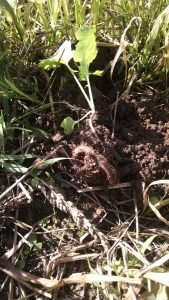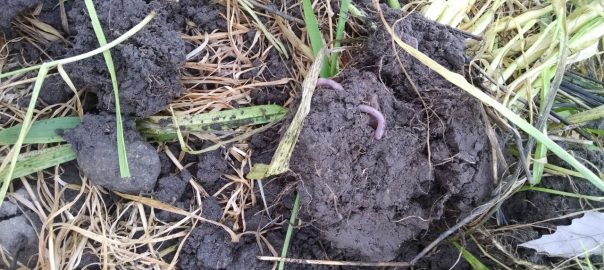Soil Health Nexus
The Soil Health Nexus was started with seed money from the North Central Region Water Network with representatives from 12 Land Grant Universities, Sustainable Agriculture Research and Education (SARE), Inter Tribal Ag Council, National Soil Health Partnership and the Natural Resource Conservation Service (NRCS). The purpose is to increase access to soil health research and resources available to extension staff, farmers, and their advisors who help them implement management practices that improve soil health on their farms.
Blogging is new for many members of the soil health nexus. We are sailing into unchartered waters. Our members/contributors are made up of land grant researchers, specialists, and extension educators with years of experience with soil health issues and practices in the course of their work. The common denominator for the group is a passion for soil health and increasing the knowledge and skill among extension educators, partner agency personal, farmers, and farmer advisors.
Soil health has been given some much deserved attention lately by different individuals  and agencies as population grows and the demand for food production rises. It’s the new buzzword that links soil chemical, physical, and biological properties. The word soil health still seems abstract to the general public, farmers, and many agriculture professionals. There is a tremendous amount of soil health information available, some of which lacks supporting research. Researchers and specialists from the 12 North Central Region Land Grant Universities will be sharing their most current research and resources on soil health and management practices that farmers can implement for immediate results. Readers will get open and honest information from writers that are passionate about the work they do in soil health. Writers are ready to provide the best science and best advice for farmers, farm advisors, agency personal, and agribusiness.
and agencies as population grows and the demand for food production rises. It’s the new buzzword that links soil chemical, physical, and biological properties. The word soil health still seems abstract to the general public, farmers, and many agriculture professionals. There is a tremendous amount of soil health information available, some of which lacks supporting research. Researchers and specialists from the 12 North Central Region Land Grant Universities will be sharing their most current research and resources on soil health and management practices that farmers can implement for immediate results. Readers will get open and honest information from writers that are passionate about the work they do in soil health. Writers are ready to provide the best science and best advice for farmers, farm advisors, agency personal, and agribusiness.
Traditional methods of caring for the soil have gotten less attention in the past century as agriculture has focused on maximizing production and profitability and centered on technological innovations. For some farmers, this trend has reduced their long-term sustainability and exacerbating problems such as erosion/nutrient runoff, yield losses from drought and flooding, herbicide resistance, and an overall decline in the soil health on their farms. Readers utilizing information gained from the blog posts advance soil health systems on their farms that not only impact water quality, but improve farm economic sustainability long term.
Authors: Paul Gross, Michigan State University Extension; Christina Curell, Michigan State University Extension
